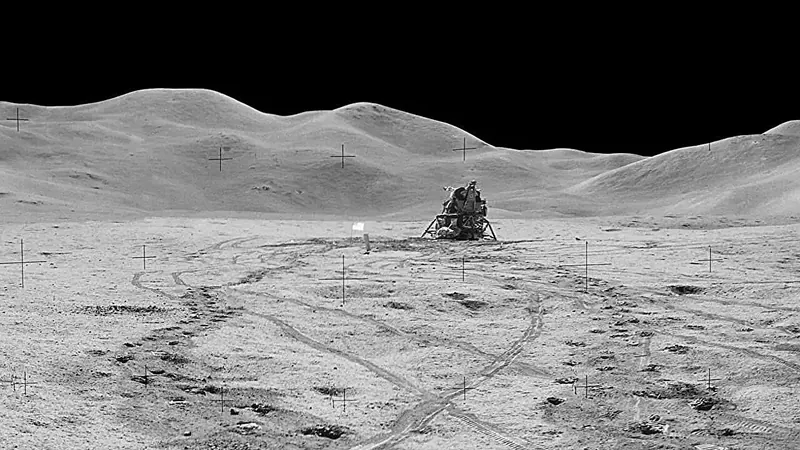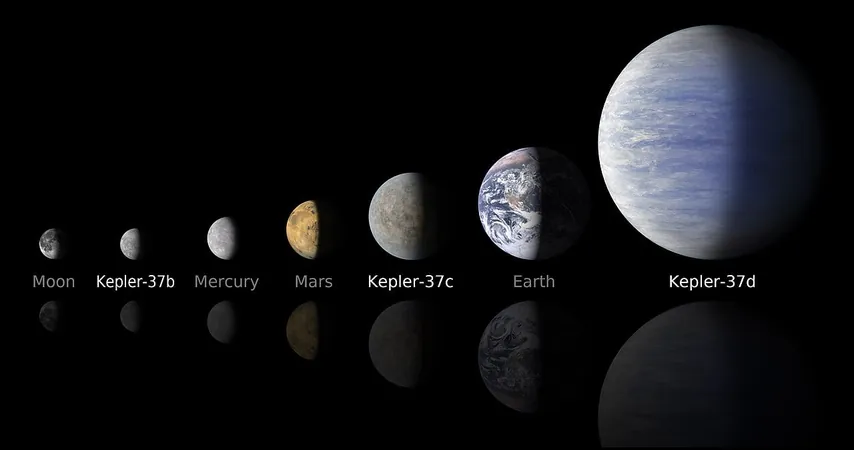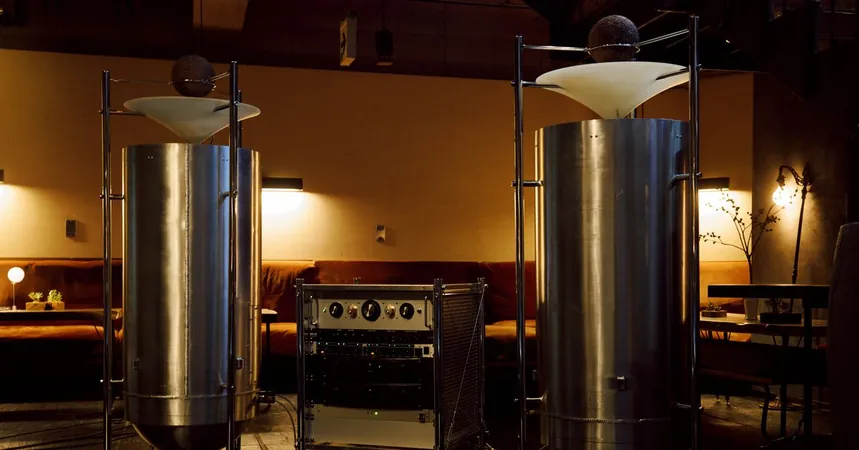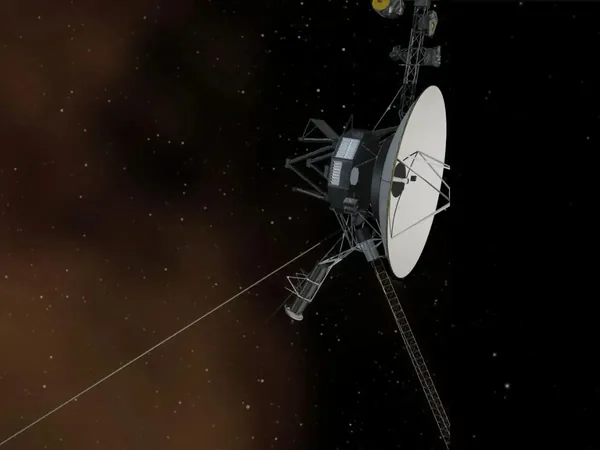
Why We Should Preserve the Moon Instead of Exploiting It
2025-08-04
Author: Jacob
The Moon: An Unlikely Playground for Industry
While dreams of lunar tourism soar, the reality of the Moon's future may be more akin to an industrial wasteland than a celestial paradise. Instead of bustling with tourists like a lunar Las Vegas, we might witness a scenario more reminiscent of Gary, Indiana—a site burdened by industrialization. As humanity's gaze turns skyward, the Moon is viewed as a stepping stone for mining and manufacturing rather than a playground for exploration.
A Launchpad for the Stars?
Proponents of lunar bases argue that the Moon, being the closest alien world, could serve as our gateway to becoming a multi-planet species. With just a few days' travel compared to months to Mars, it becomes an attractive test bed for developing technology needed for future explorations throughout the solar system.
The Reality of Lunar Resources
To realize this vision, industrial activity on the Moon will be essential. Resources like oxygen, silicon, and iron will be mined and processed for construction and technology. Some materials will stay on the lunar surface, while specialized resources may even find their way back to Earth. However, the lack of tectonic activity on the Moon means these resources are broadly dispersed, making extraction more challenging than anticipated.
Water: The Most Valuable Commodity
Water ice on the Moon is crucial for sustaining life and producing fuel, yet its availability remains scarce. Concentrations fluctuate dramatically, making it difficult to extract even small amounts. As a result, lunar bases may remain reliant on a steady supply from Earth for a considerable time, influencing both feasibility and investment in lunar projects.
Asteroids: The True Goldmines of Space
If we're looking for valuable resources, asteroids offer a far more promising alternative. With lower gravity and concentrated deposits of water and heavy elements, they could serve as ideal waystations for space explorers. Asteroids like 16 Psyche are rumored to hold quadrillions in valuable metals—far more enticing than the Moon's scattered bounty.
Leave the Moon for Future Generations
Considering the Moon's potential challenges as an industrial base, one could argue for its preservation as a natural celestial wonder. The Atacama Desert on Earth, with its limited commercial value, thrives as a protected area, home to some of the most advanced astronomical observatories. Similarly, Antarctica remains untouched, safeguarded for research rather than exploitation.
In preserving the Moon, we ensure that future generations can appreciate its desolate beauty, untainted by industrial development. Let us choose to respect our lunar neighbor, celebrating its unique qualities rather than turning it into an industrial hub.









 Brasil (PT)
Brasil (PT)
 Canada (EN)
Canada (EN)
 Chile (ES)
Chile (ES)
 Česko (CS)
Česko (CS)
 대한민국 (KO)
대한민국 (KO)
 España (ES)
España (ES)
 France (FR)
France (FR)
 Hong Kong (EN)
Hong Kong (EN)
 Italia (IT)
Italia (IT)
 日本 (JA)
日本 (JA)
 Magyarország (HU)
Magyarország (HU)
 Norge (NO)
Norge (NO)
 Polska (PL)
Polska (PL)
 Schweiz (DE)
Schweiz (DE)
 Singapore (EN)
Singapore (EN)
 Sverige (SV)
Sverige (SV)
 Suomi (FI)
Suomi (FI)
 Türkiye (TR)
Türkiye (TR)
 الإمارات العربية المتحدة (AR)
الإمارات العربية المتحدة (AR)